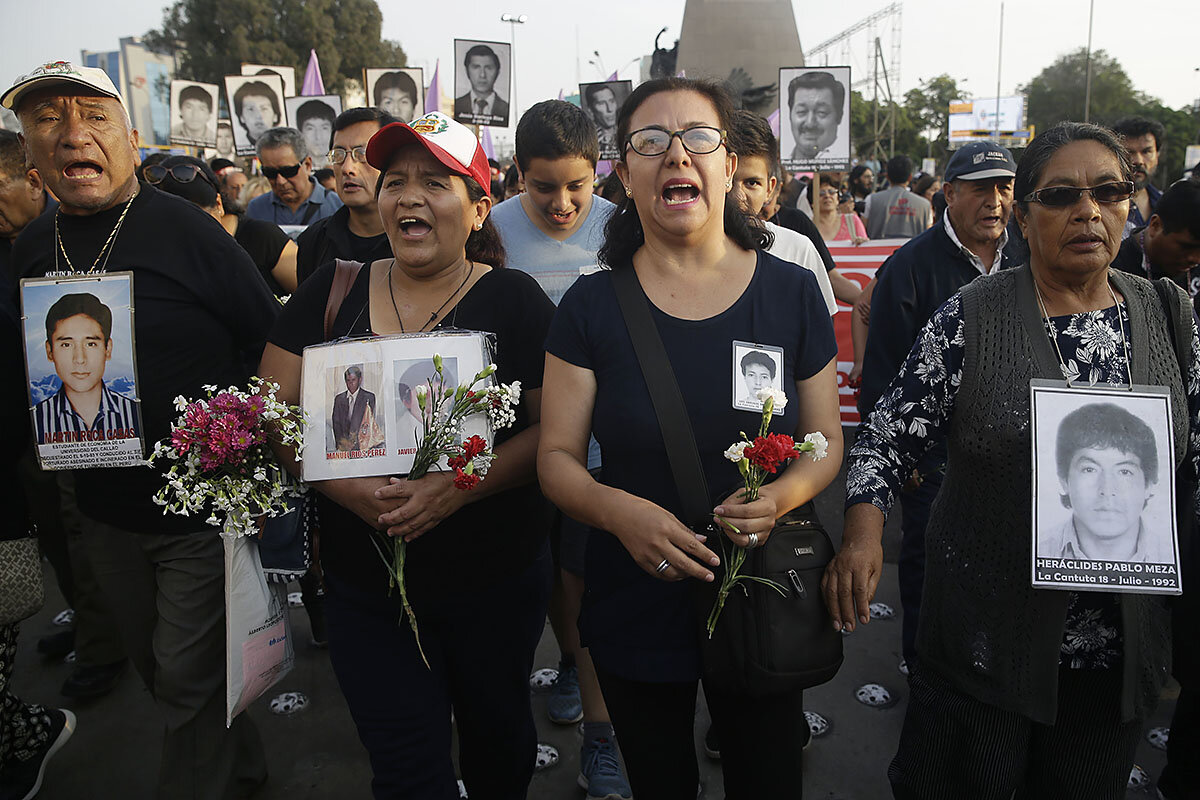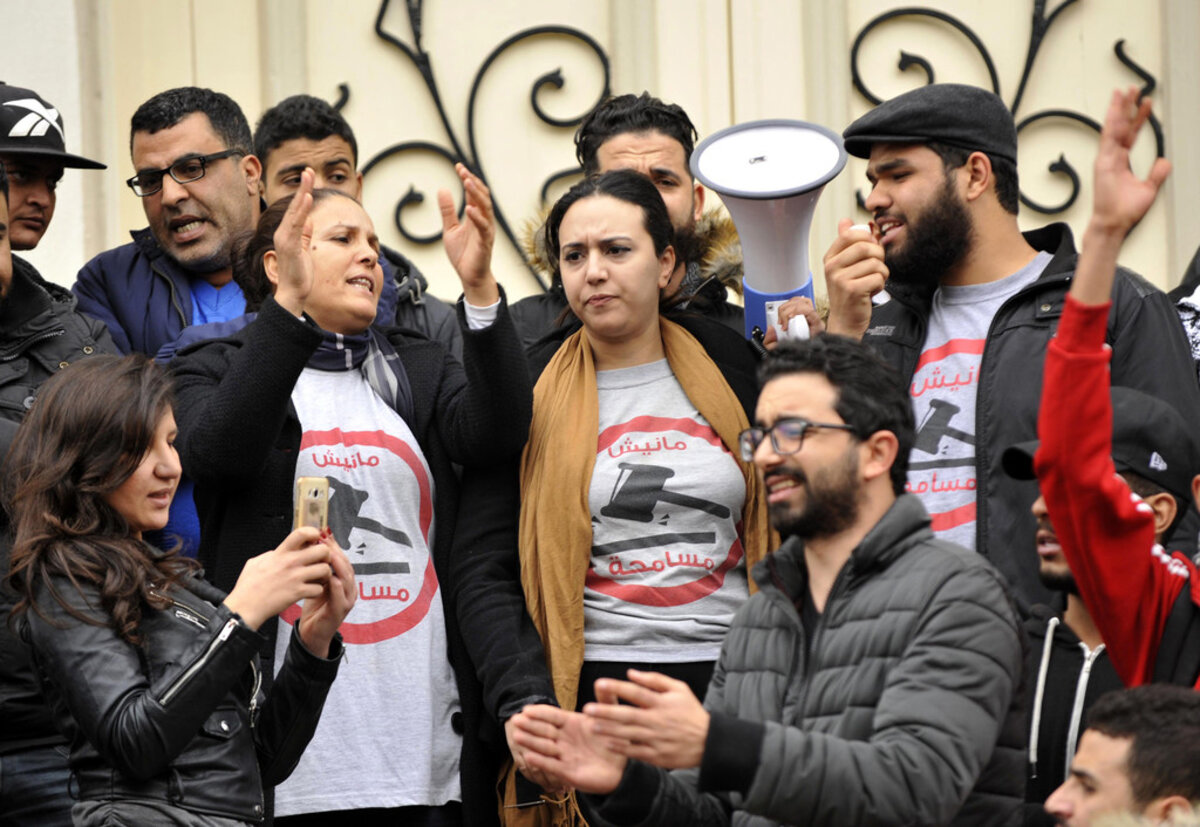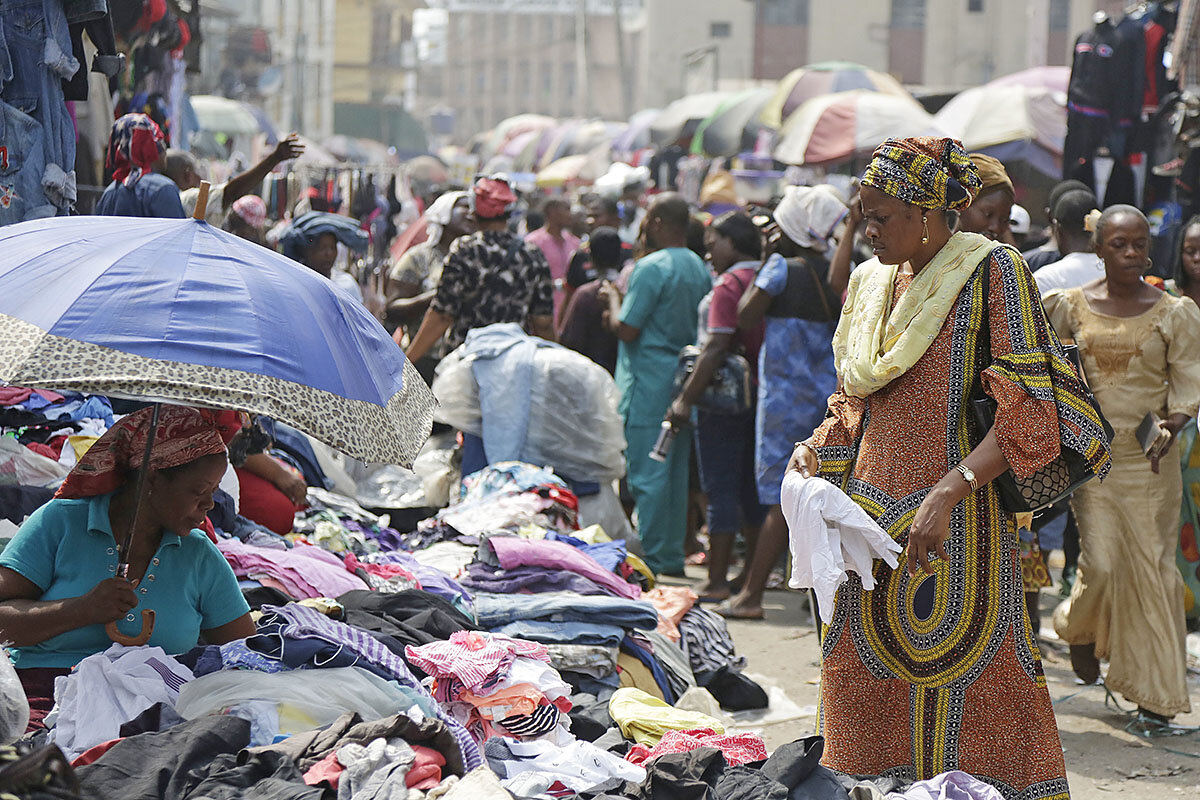Monitor Daily Podcast
- Follow us:
- Apple Podcasts
- Spotify
- RSS Feed
- Download
 David Clark Scott
David Clark Scott
On New Year’s Eve, German Chancellor Angela Merkel made a call for empathy:
“My wishes for the New Year are for us to become aware again of that which holds us together at heart; that we focus again on what we have in common; and for us to strive to have more consideration for others ... paying attention, truly listening, and showing understanding for others.”
Many interpreted this as a statement about Germany’s tumultuous embrace of more than a million refugees. But today, it looks like a road map for political compromise.
On Friday, four long months after the elections, German leaders took a big step toward forming a new government. They’re not there yet. But the three major political parties (conservative, center-right, and center-left) have a preliminary deal for a new coalition government.
After 12 years at the helm, many doubted Ms. Merkel could do it. Despite a strong economy, Germany’s widening rich-poor gap is creating new social fissures. Her party lost ground and a far-right party now sits in parliament.
Merkel struggled as never before, but her persistence paid off. It’s not a done deal yet. But for Merkel, long seen as the most powerful woman in the world, it’s the first sign of progress.
Now for our five stories selected to illustrate forgiveness, justice, and paths to progress in the world.











